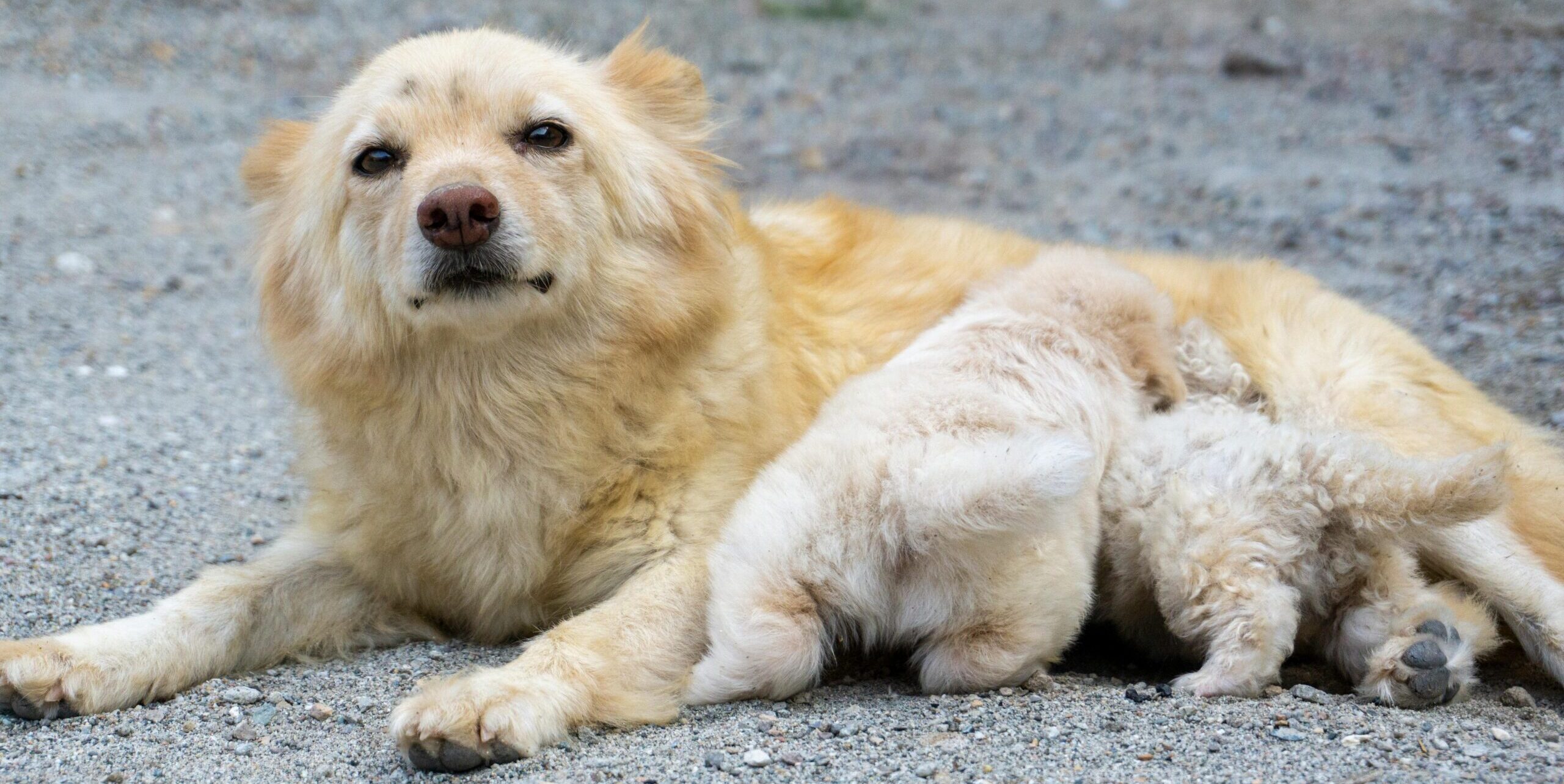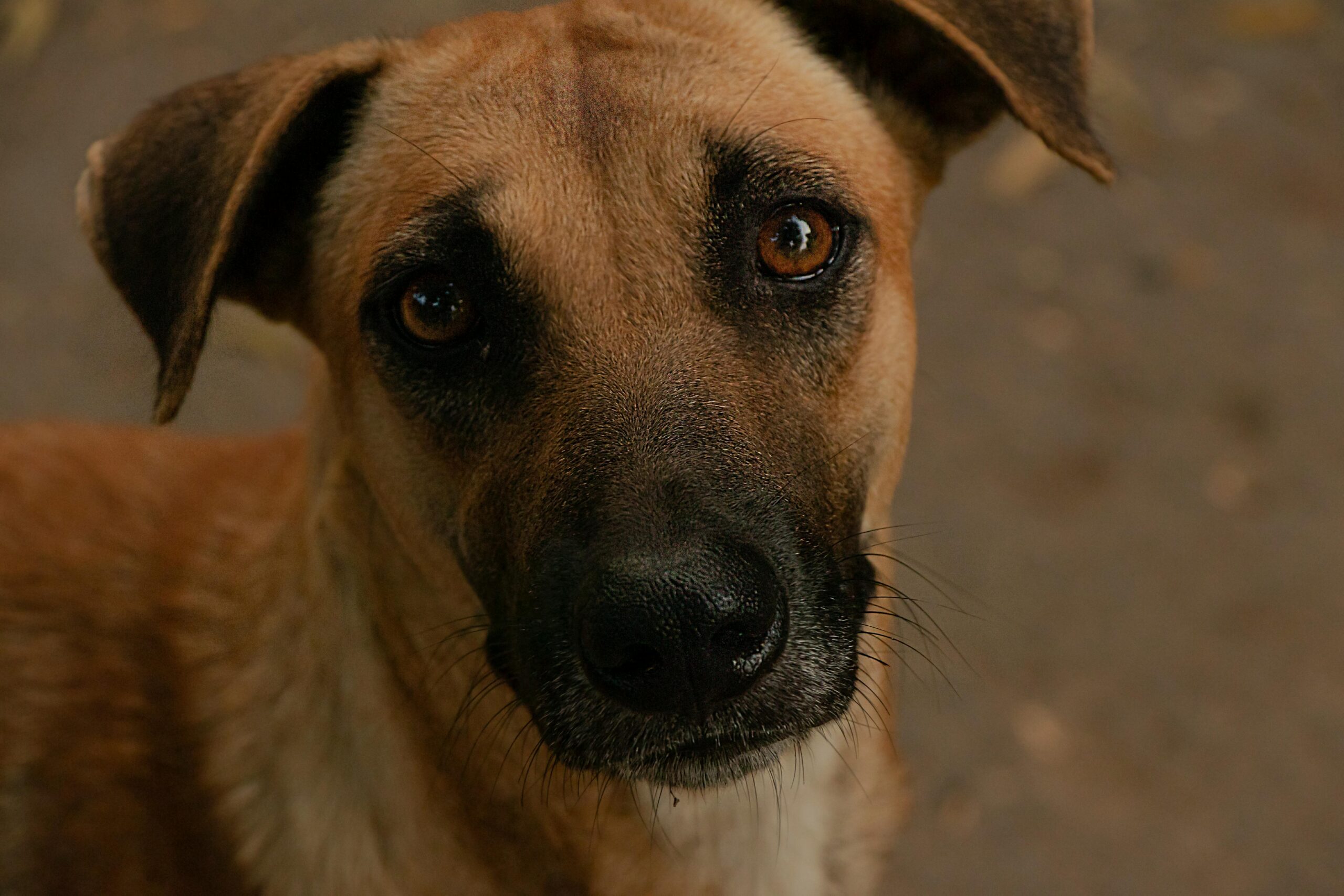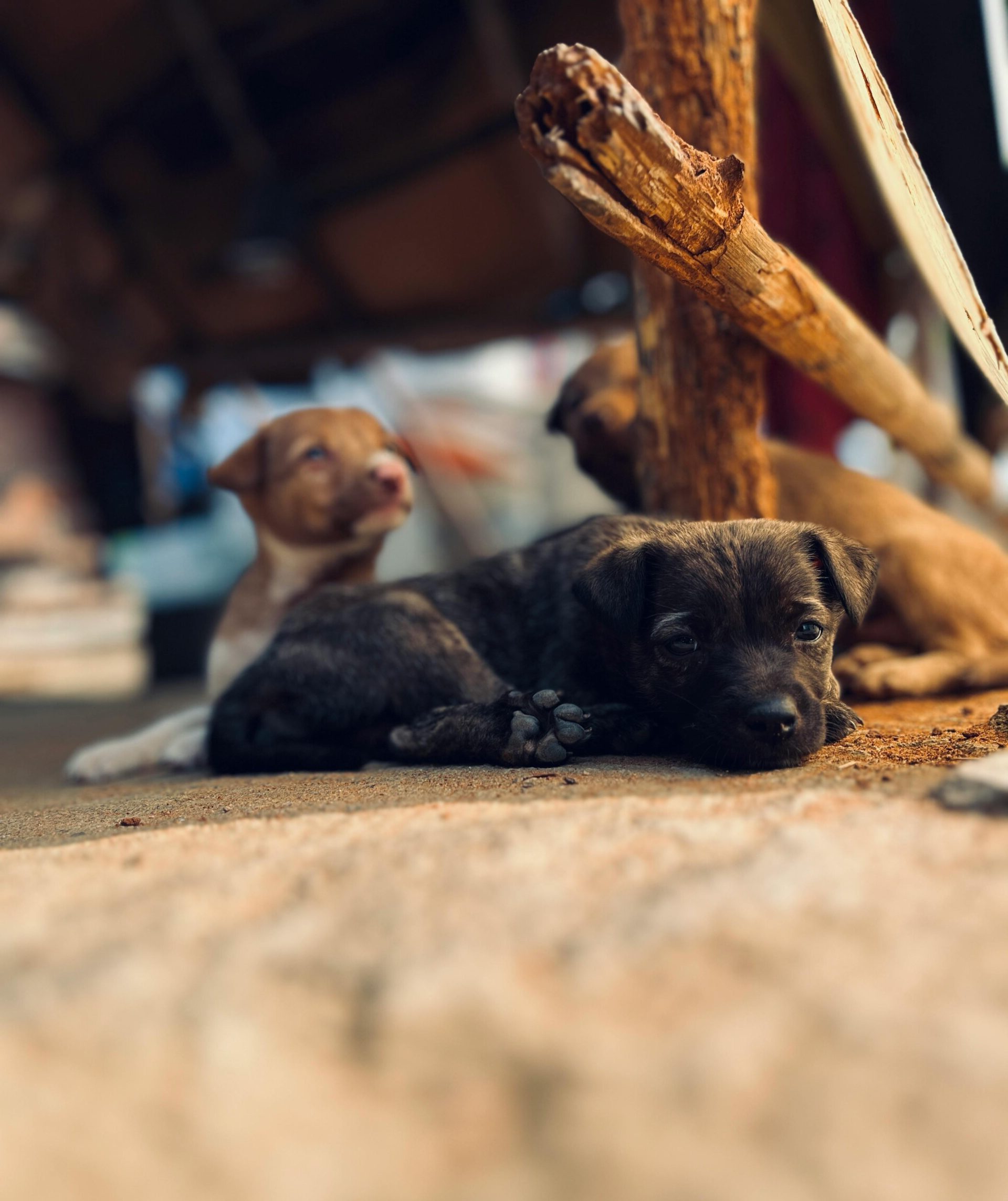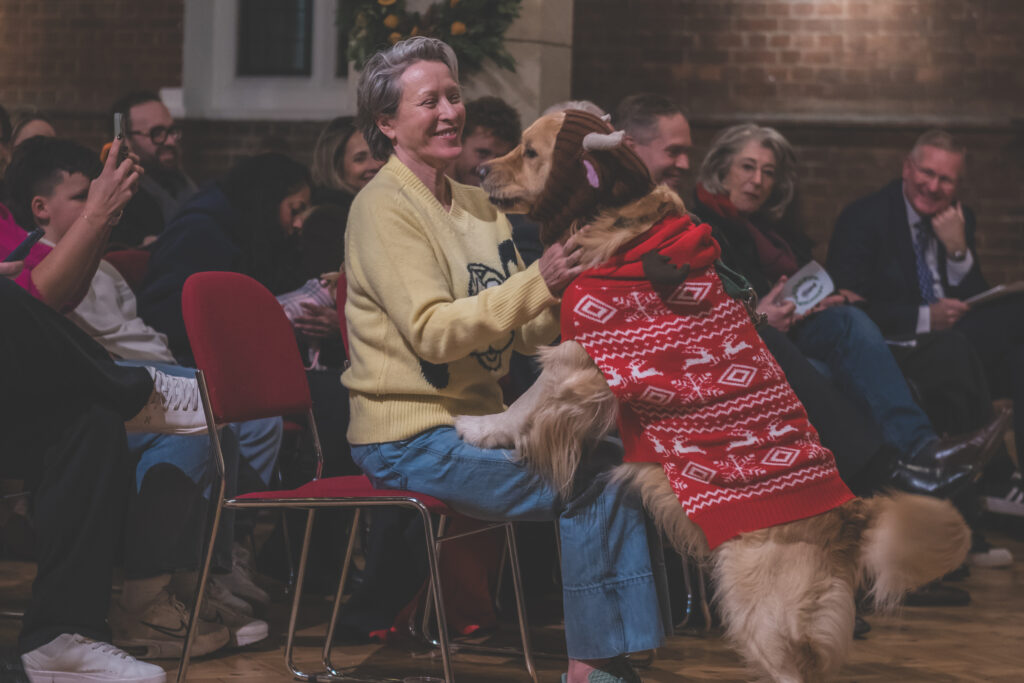What is a Free-Roaming Dog?
Free-roaming dogs are dogs that live outside the care of a single household. They are grouped into several categories:
- Community dogs are informally cared for by residents of a community. They roam without supervision, often found in cultures where they are fed and tolerated but not traditionally kept as pets.
- Stray dogs have been lost or abandoned by their owners and live without direct care.
- Street dogs navigate busy urban or rural environments in search of food, shelter, and safety.
- Feral dogs are born and raised in the wild without human contact, they are unsocialised and tend to avoid interaction with people.
Although their situations vary, free-roaming dogs face the same risks of unreliable food sources, exposure to disease, injuries, and lack of shelter or veterinary care.
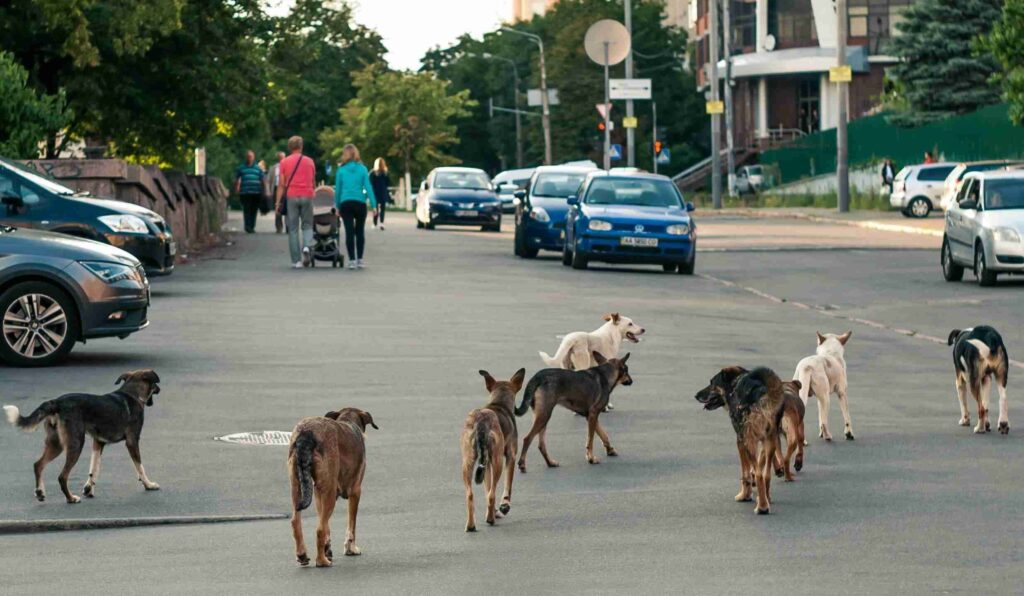
Why is this a Global Issue?
There are over 675 million free-roaming dogs worldwide, with large populations in countries such as India (52.2 million), Mexico (18.8 million), Romania (2.5 million), and Ukraine over 200,000 in Ukraine, where numbers have surged due to war-related abandonment.
Despite differing local contexts, the causes and consequences of the free-roaming dog crisis are strikingly similar.
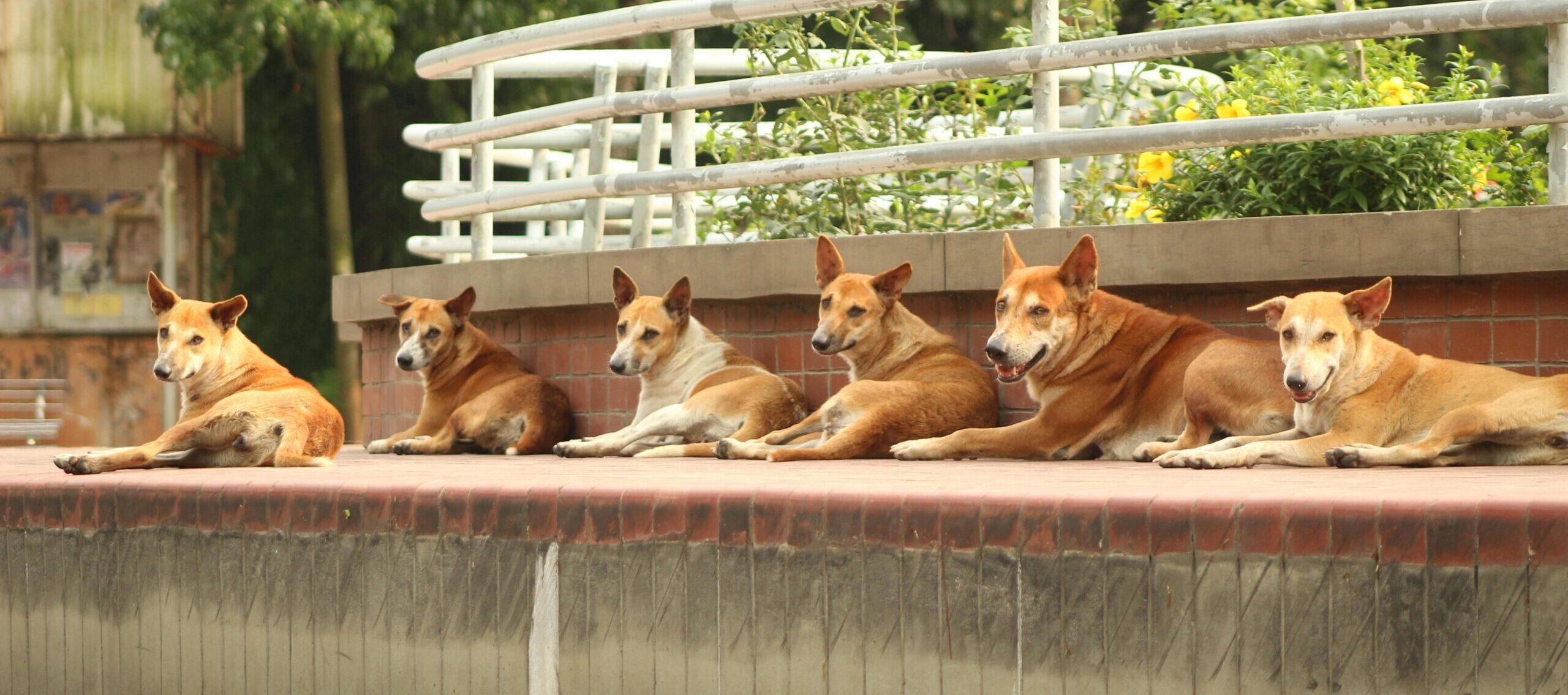
The Causes
- Overpopulation
In regions without regular access to veterinary care, unsterilised dogs reproduce quickly. One female and her offspring can produce over 67,000 puppies in just six years.
- Abandonment
Many dogs are discarded due to illness, old age, behavioural issues, or financial hardship.
- Lack of veterinary access
In some countries, dogs rarely receive sterilisations, vaccinations, or parasite control, contributing to population growth and leaving them vulnerable to disease.

The Consequences
- Widespread suffering
Free-roaming dogs endure hunger, untreated injuries, disease, and neglect. Without access to shelter or medical care, their lives are marked by pain and uncertainty.
- Shelter overcrowding and euthanasia
In many regions, the absence of long-term solutions means dogs are rounded up and placed in high-intake shelters. These facilities often lack resources, and healthy dogs are euthanised simply to free make space or comply with local legislation.
- Disease and public health risks
Unvaccinated dogs are vulnerable to diseases such as rabies, distemper, mange and leptospirosis, which can pose serious threats to human health. Rabies alone causes an estimated 59,000 human deaths each year, 99% of which are through dog bites.
- Environmental impact
Dog overpopulation can strain waste systems and urban infrastructure, disrupt ecosystems, and lead to conflict with wildlife, livestock, and local communities.

Why Our Work Matters
At Wild at Heart Foundation, we believe every dog deserves safety, care and dignity.
We work with partner organisations around the world to tackle the root causes of the free-roaming dog crisis. Through Catch, Neuter, Vaccinate and Release (CNVR) programmes, emergency vet care, food provision and community education, we’re creating long-term, compassionate solutions.
In countries such as India, Mexico, Romania, Ukraine and Greece, we support dedicated local teams who rescue, treat, feed and, most importantly, prevent further suffering through sterilisation.
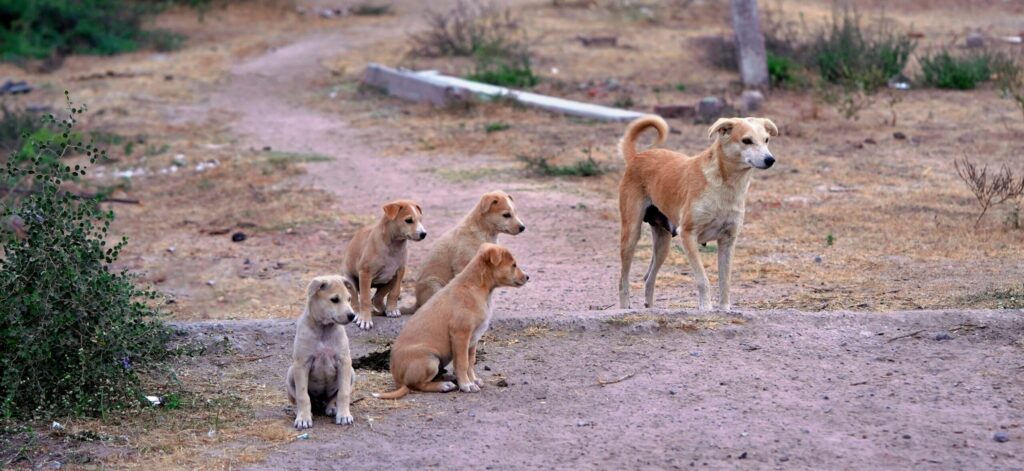
Take Action
The free-roaming dog crisis is vast, but change is possible.
By supporting our work, you will be providing dogs with the food, treatment and care they urgently need. As well as helping communities gain the tools and knowledge to protect dogs for generations to come.
Most importantly, you will be preventing the birth of thousands of unwanted puppies through our CNVR programmes, breaking the cycle of suffering before it begins.
Your action today can mean the difference between neglect and safety, between survival and suffering.
Together, we can create a future where no dog is left behind.
Support our work
